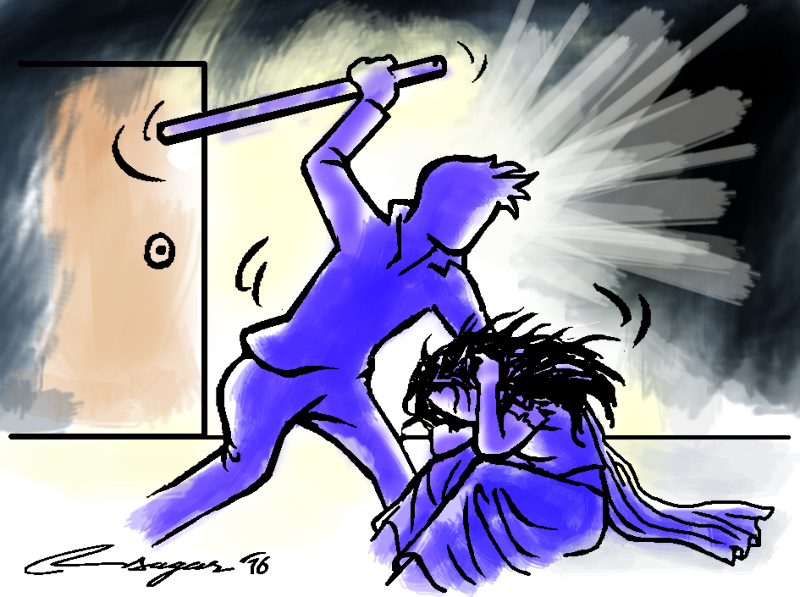NWC without members as VAW cases rise
Kathmandu, September 28
Amidst increasing number of cases of violence against women across the country, the National Women Commission — a constitutional body that can issue directives and make policy recommendations to the government — is without members for more than a year now for the lack of necessary legislation.
The commission is presently being led by bureaucrats and rights activists and stakeholders say government employees cannot lead the organisation the way its members can do in terms of pressuring the government and the authorities concerned to curb violence against women and ensure women’s rights.
Rights activist Advocate Indu Tuladhar said women commission could have made a huge difference in the present context when the role of police administration in ongoing investigations into various cases is being questioned. “If the commission wants, it can change the course of investigations into Kanchanpur rape and murder case,” she said. “The commission can also internationalise these issues.”
Spokesperson for the National Human Rights Commission Mohna Ansari said a constitutional body such as women commission should never remain vacant and should be active throughout the year, especially in a country like Nepal.
Ansari also agreed that had the commission been in full shape, it could have pressured the government and taken initiative to complete investigations fast, besides running awareness campaigns to curb such incidents.
According to Ansari, since the government does not own research data produced by civil society and NGOs, the commission could have conducted fresh research and produced fresh data.
“The government is presently giving general attention to women’s issues, but these issues need special attention, which the commission could have done,” she said.
Even the bureaucrats employed in the women commission say the body could have been way more effective had there been members.
Secretary at the commission Anil Kumar Thakur said although they had been doing whatever they could do in terms of running awareness programmes, members with constitutional rights could have ensured accountability at the highest level.
“We have limitations. We cannot go and talk directly to, say, home minister or women and children minister and issue directives, which commission members can do,” he said.
Minister of Women, Children and Senior Citizens Tham Maya Thapa also said since the act relating to the commission was being revised, the appointment of its member was delayed.“Although the commission does not come under my ministry as it is a constitutional body, it could have taken strong initiatives to curb violence against women such as formulating a holistic policy related to women’s development,” she said.
Since women commission is a constitutional body, members should be recommended by the Constitutional Council and endorsed by the Parliamentary Public Hearing Committee.






